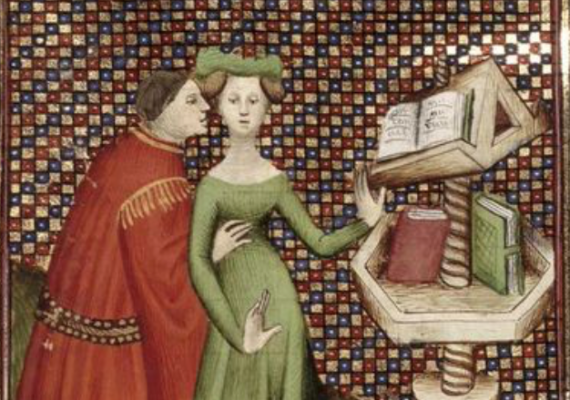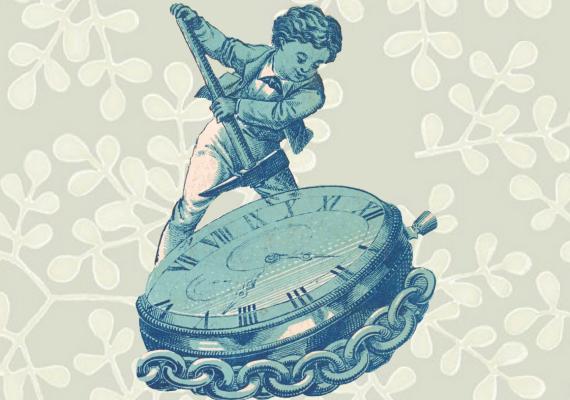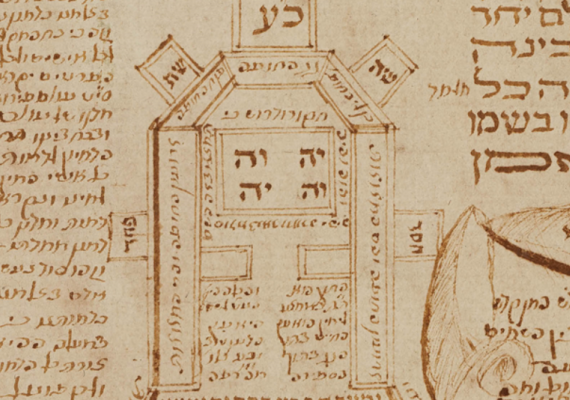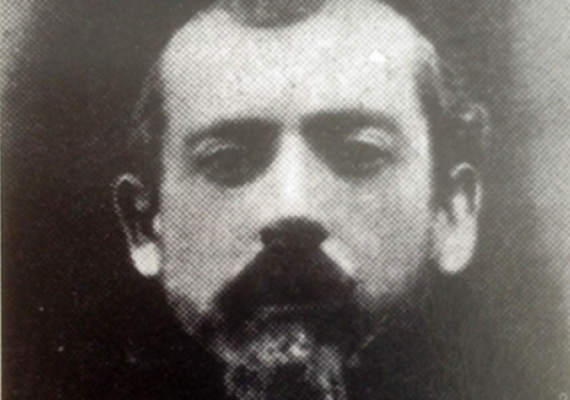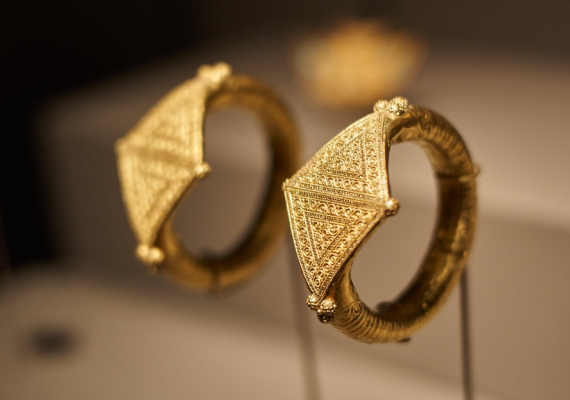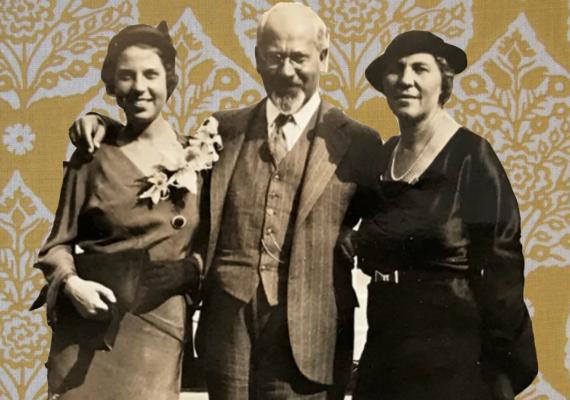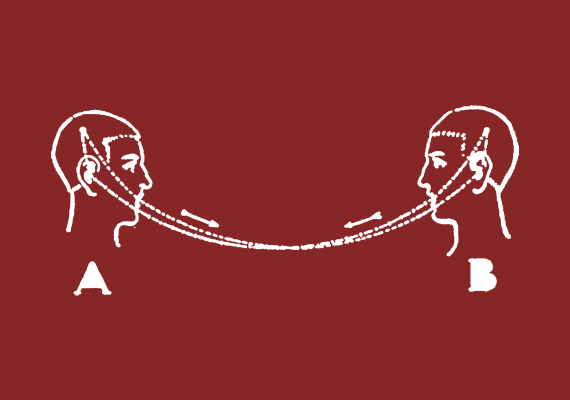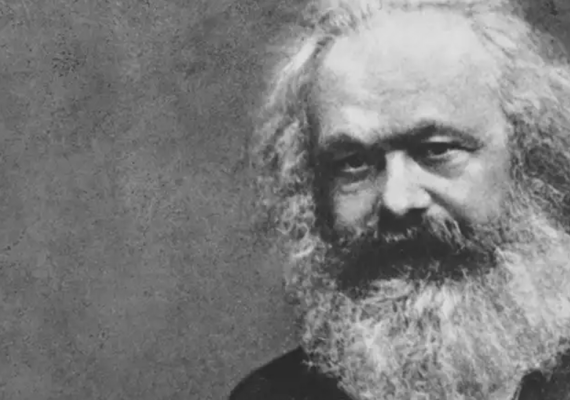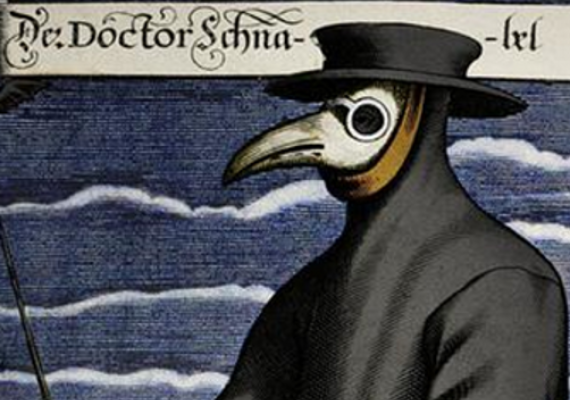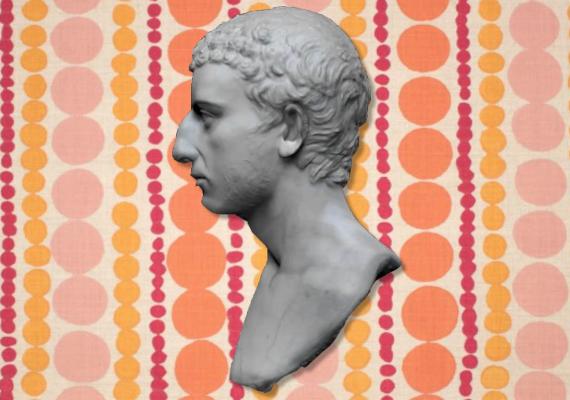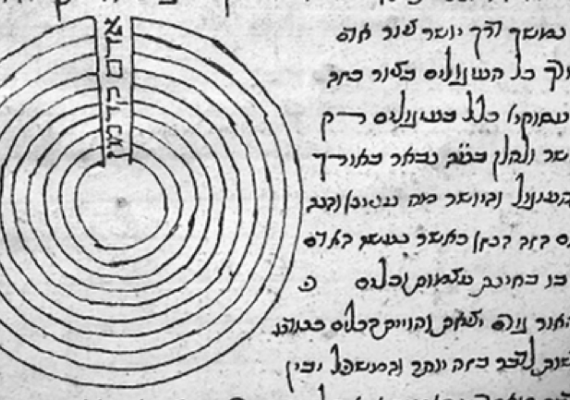(**scroll down to read the JQR blog)
The Jewish Quarterly Review was established by Israel Abrahams and Claude Montefiore in 1889, and migrated from England to Philadelphia in 1910, where its publication resumed under the editorship of Cyrus Adler and Solomon Schechter. It remains the oldest English-language journal in the field of Jewish studies. JQR preserves the attention to textual detail so characteristic of the journal's early years, while encouraging scholarship in a wide range of fields and time periods. In each quarterly issue of JQR, the ancient stands alongside the modern, the historical alongside the literary, the textual alongside the contextual.
Recent issues are available online through Project Muse, and to access 130 years of JQR, you can find our full archive digitized at JSTOR.
For instructions on how to submit an essay click HERE, and to subscribe, visit jqr.pennpress.org. Does your institution require you to publish open access? Click HERE to learn more.
Editors: Natalie B. Dohrmann & David N. Myers
Managing Editor: Adrienne Atkins
Editorial Board: Mira Balberg, Elisheva Baumgarten, Beth Berkowitz, Daniel Boyarin, Francesca Bregoli, Richard I. Cohen, Daniel Frank, Miriam Goldstein, Liora R. Halperin, Warren Zev Harvey, Sarah Imhoff, Martin Kavka, Y. Tzvi Langermann, Eric Lawee, Lisa Leff, Vivian Liska, Shaul Magid, Jessica M. Marglin, Kenneth B. Moss, David B. Ruderman, Daniel R. Schwartz, Edwin Seroussi, Joanna Weinberg, Steven Phillip Weitzman, Beth Wenger, Elliot R. Wolfson, Sunny S. Yudkoff, Irene Zwiep
